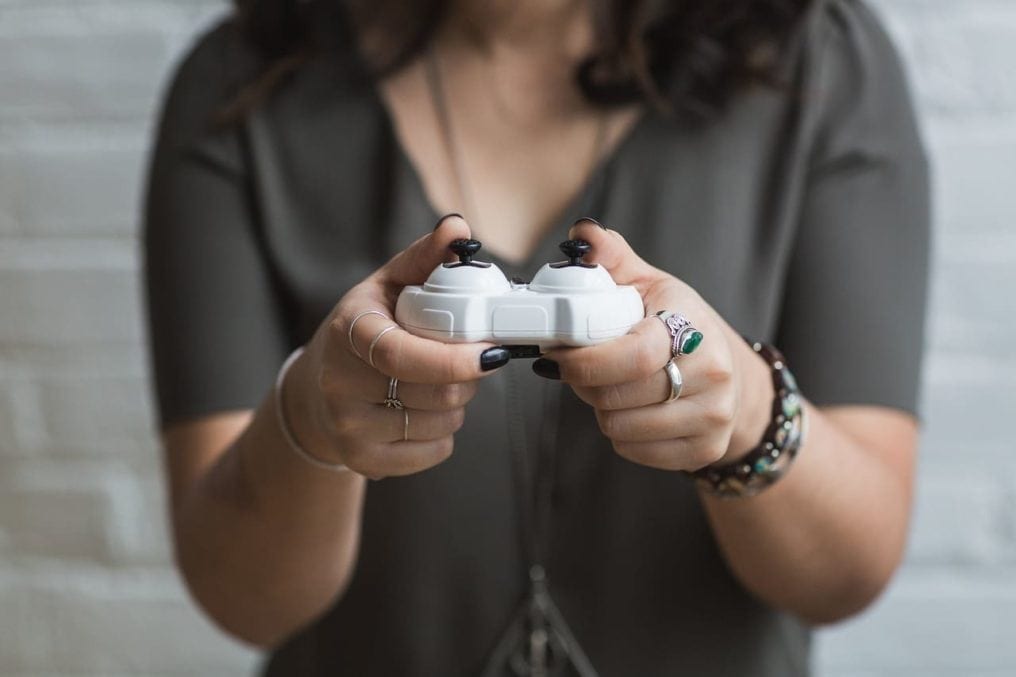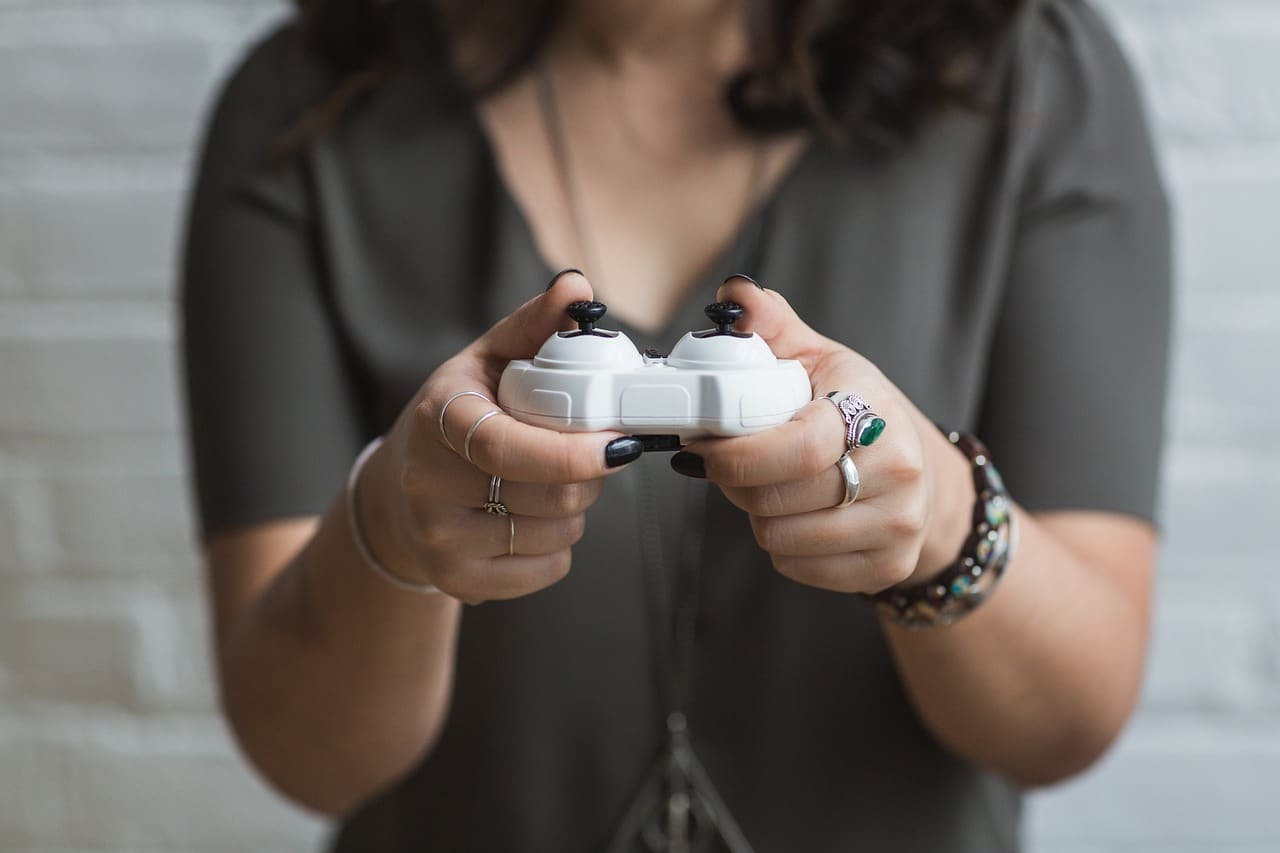How video games could actually be helping your mental health

It’s just been declared a medical disorder, with NHS treatment on offer to young players hooked on video games.
But did you know that in moderation, gaming carries a host of potential benefits?
The latest research into video game demographics reveals that it’s not only men sat behind the controls – increasingly more women than ever are gaming.
Chances are, you pull up a game app to make your commute bearable. Or, once the kids are asleep, maybe it’s on with the Xbox for a bit of Fortnite before bed – just like Loose Women host Stacy Solomon
.
Either way, the games you play are doing a lot more for you than killing time; they could also be improving your brain and your wellbeing.
Typically seen as antisocial and damaging, a wave of research reveals that playing computer games can improve visual attention, motor skills and memory, and even casual gaming in break times can be an antidote to workplace stress.
Read more: 10 expert tips to make you instantly feel good
Leading lady
Women account for 69 per cent of all players of ‘Match 3’ puzzle games like Candy Crush, where the aim is to – you guessed it – match three or more of a kind.
We will also spend an estimated £1.1 billion on gaming this year, with franchises like Horizon Zero Dawn, The
Last Of Us
and Battlefield V
switching male heroes for female protagonists (as opposed to such characters being an option).
It’s a move that, according to one study, may be a factor in redressing misogynistic attitudes in young men. And they wear ordinary clothes, at least by their respective worlds’ standards, and have average-sized boobs – unlike 90s Lara Croft.
Reaping rewards
“Games offer us experiences out of our day-to-day life and we can learn from them. It’s about escaping and killing time which can stop us feeling frustrated,” says Dr Siobhán Thomas, director of the School of Arts and Creative Industries at London South Bank University.
“There are games that arouse us, and games that calm us down and put us in a state of flow (aka, in the zone), and evidence suggests that when you’re in this state you are happy and focused. Games can put you in this state quickly,” says Dr Thomas.
“Games are basically fun and exciting and so your body will produce serotonin (a feel-good hormone),” says Dr Mark Griffiths, director of the International Gaming Research Unit Psychology Division at Nottingham Trent University. “Games also give us rewards – points, or access to new levels – which reinforces positive emotions and improves mood. Playing the games of your youth can generate nostalgia.”
Read more: 5 ways nostalgia can boost your wellbeing
Brain training
Such is the power of games that developers have been inspired to create ones to help patients with disorders ranging from physical disabilities and anxiety to multiple sclerosis and issues with chronic pain. “More games are coming out in the health sector, but while they can motivate and support patients, they’re not a magic bullet for health,” says Dr Thomas.
Still, the effects of gaming on our thinking is hard to ignore. One study looked at the brains of strategy games fans – ie, games that require decisions that alter outcomes – and found that players had improved brain processing speed, memory function and performed better on a speed task.
The area of the brain relating to mood was seen to become engaged in those who played action games – requiring physical input, including hand-eye coordination and reaction time – leading researchers to conclude that games could be used to treat people with mood disorders.
Not all fun and games
However, a 2015 study found around 83 per cent of gamers had lost grey matter in the hippocampus, a brain area responsible for spatial awareness and episodic memory (autobiographical events), after 90 hours of playing a first-person shooter game, like Call Of Duty.
People with lower amounts of grey matter in the hippocampus are at increased risks of developing neuropsychiatric illnesses like depression and Alzheimer’s. But the same study found that 3D platform games like Super Mario 64 increased grey matter, and newer research suggests spatial awareness is improved by playing ‘big world’ games, so more research is needed.
From hobby to hooked
Given its sedentary nature, it’s no surprise that gaming comes at an elevated risk for obesity, but the most talked about issue is addiction. Called internet gaming disorder (IGD), it affects between two to three per cent of gamers. “Concern over IGD seems disproportionate and gaming is no more problematic than, say, watching TV,” says Dr Griffiths. “Signs of a problem include a game becoming the single most important thing in your life and if you use games to modify your mood.
“It’s also important to note if you have withdrawal symptoms, such as stomach cramps, irritability and anxiety, when you stop, and whether gaming compromises your work or relationships. If you’re neglecting parts of your life to game, or feel it’s out of control, then see your GP for a referral to a therapist, for cognitive behavioural therapy.”
Essentially, gaming is just a new way to do something that is part of the human condition – playing. So, keep it fun.











